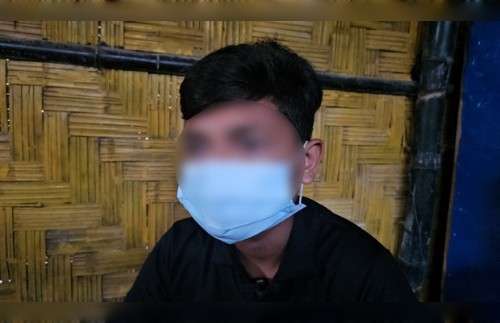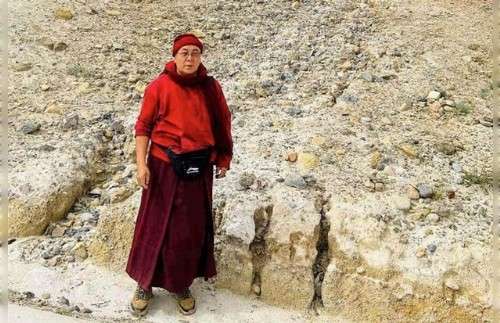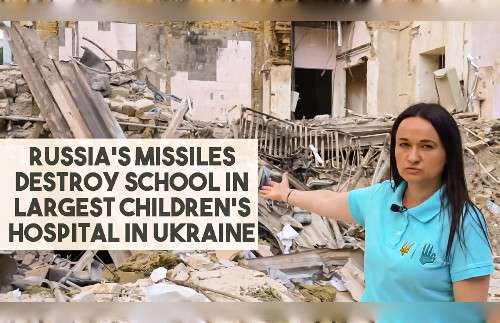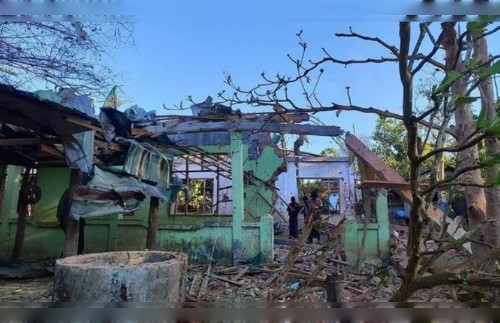A funeral was held on Friday for a young woman shot dead by the Myanmar military in restive Rakhine state’s Rathedaung township state, where government forces are battling the rebel Arakan Army, as residents of the village where the woman was killed described indiscriminate firing upon them by national troops.
Ye Ye Soe, 18, tried to run for cover with family members in Min Bu village when the shooting began on Wednesday, but was killed when she was hit in the face by gunfire from government forces, villagers said.
The local Laung Chaung Police station called it an unusual event and said that a coroner had performed a postmortem at Rathedaung Township Hospital.

Villagers now say they are concerned because some of the artillery shells that fell in the village during the gunfire remain unexploded, and government officials have not yet cleared them.
Clashes between Myanmar troops and the Arakan Army (AA) spiked in early January after Buddhist Arakan fighters attacked four police outposts near Myanmar’s border with Bangladesh, killing 13 policemen and injuring nine others.
In response, the government military deployed a large number of troops to the region, with villagers and others reporting the use of heavy weapons, artillery, and helicopters in civilian areas.
A spokesman Khine Thukha said that 20 Myanmar soldiers died during an exchange of gunfire between Arakan troops and government forces between Min Bu and Naw Wai villages in northern Rakhine state on Wednesday.
However, Min Bu residents said there was no fighting at the village, and that government soldiers opened fire after a mine explosion when they entered the village.
“Government soldiers opened fire in every direction because they were deployed all around the village,” said Hla Tun, the head of Min Bu village.
Hla Nu, Ye Ye Soe’s elder sister, said the young woman was inside the house when she was shot.
“There were two or three soldiers who had taken positions behind the tamarind tree at the back of the house,” she told RFA’s Myanmar Service. “As soon as they had taken their positions, we heard the explosion. Then we all ran into an aunt’s house nearby leaving my sister alone in the house.”
Wai Ny Phyu, the dead woman’s mother, said: “Soldiers opened fire from the back, side, and in front of the house. We were hiding in the other house and peeking at her while hiding. We saw [Ye Ye Soe’s] blood flowing. Soldiers asked all people to come out of the house and we went into that house. She was dead at that time.”
Justice for Ye Ye Soe
Thein Yin, Ye Ye Soe’s aunt, said a military officer gave her 100,000 kyats (U.S. $65), and village officials signed a paper saying they received the money.
“My sister didn’t take that money and told them instead to donate it to a monastery,” she said. “But we finally had to take it out of fear.”
Soon afterwards, another soldier tried to give her 30,000 more kyats (U.S. $19), but she told him she did not want it, she said.
Maung Tun Hla, Ye Ye Soe’s father, said that no amount of money could compensate for his daughter’s death.
“I would like to complain about the government army because it shot my daughter to death,” he told RFA. “I want justice for her.”
Aung Nyunt Che, the head of nearby Nawway village who went to Min Bu village along with government soldiers the day of the shooting said Myanmar forces called for a search of about 20 houses on the other side of the village.
“They asked the head of Min Bu village and me to go into the houses and search them,” he said.
The soldiers then took 11 villagers to a school to question them about the AA, villagers said, adding that only two of them were later freed.
“First they hit us with rifle butts, then they kicked us and punched us,” said one resident who declined to be named out of fear for his safety. “They also beat the village head.”
Investment for Rakhine
The funeral came as Myanmar State Counselor Aung San Suu Kyi attended an event on Ngapali Beach in the Rakhine town of Thandwe to try to convince foreign investors to put money into development projects in the violence ridden, impoverished western state.
Much of the international community has heavily condemned her and the ruling National League for Democracy (NLD) government over the handling of another ethnic crisis in Rakhine state – that of the Rohingya Muslims, who have suffered extreme persecution at government hands.
“For too long the international community’s attention has been focused narrowly on negative aspects related to problems in north Rakhine rather than on the panoramic picture that shows the immense potential of this state for peace and prosperity,” Aung San Suu Kyi was quoted by Reuters news agency as saying during the investment fair sponsored by Japan.
Besides the current armed conflict that has displaced about 6,000 civilians since last November, the state is still feeling the reverberations from a brutal crackdown by Myanmar forces on the Rohingya in northern Rakhine in 2017.
Thousands were killed and roughly 730,000 Rohingya fled across the border to Bangladesh where they have been living ever since in sprawling displacement camps.
Myanmar had defended the crackdown as a necessary response to deadly attacks carried out by a militant Muslim group and has largely denied that its soldiers committed widespread atrocities, described by a United Nations fact-finding mission as showing “genocidal intent.”
Though the government says it has been ready to take back some of the hundreds of thousands of Rohingya in Bangladesh since January 2018, mass repatriations have yet to occur because the Rohingya say they do not trust the Myanmar government and fear for their safety.
Rampant violence and warfare in Rakhine state have caused a downturn in both investment and tourism in the state which desperately needs funds to improve its infrastructure and benefit local communities.
Aung San Suu Kyi tried to drum up Japanese investment for Myanmar during a trip to Tokyo in October 2018 to attend a Mekong-Japan Summit. While addressing Japanese business leaders, she pledged to increase transparency over the government’s handling of the Rohingya crisis.
“I’m ready to acknowledge that we have challenges to face, particularly with regard to Rakhine and with the struggles we have on the peace front,” she was quoted as saying during a speech at the time. “We are not hiding this fact from our friends.”
[Reported by Min Thein Aung for RFA’s Myanmar Service. Translated by Khet Mar. Written in English by Roseanne Gerin]
Copyright © 1998-2016, RFA. Used with the permission of Radio Free Asia, 2025 M St. NW, Suite 300, Washington DC 20036
















